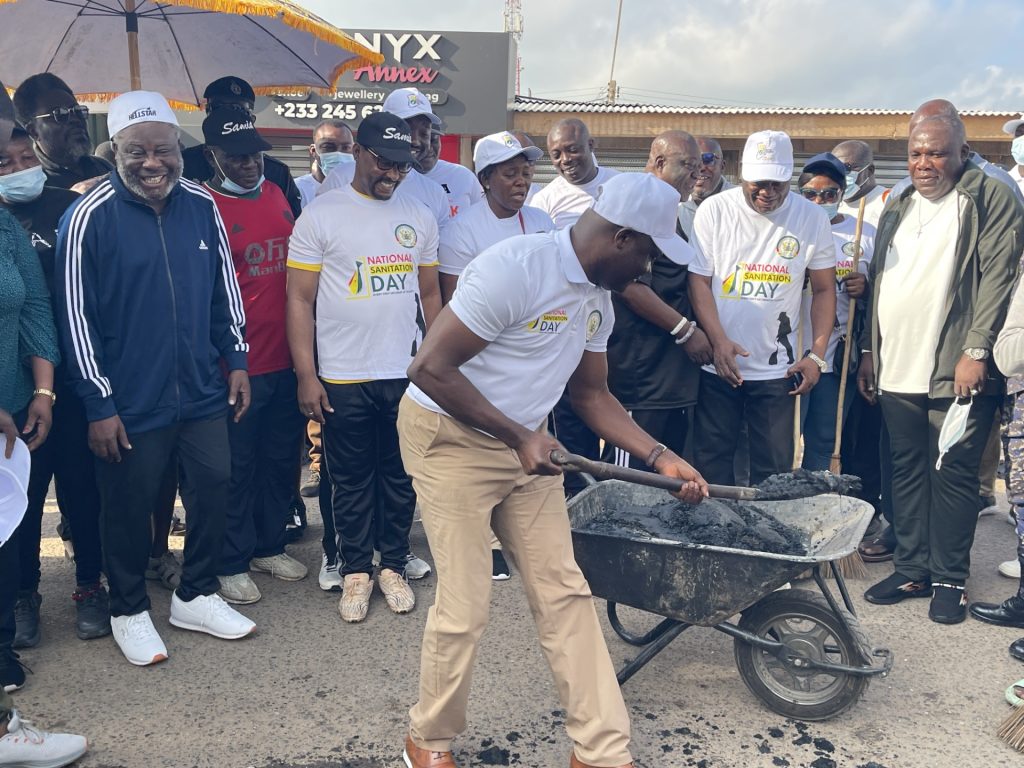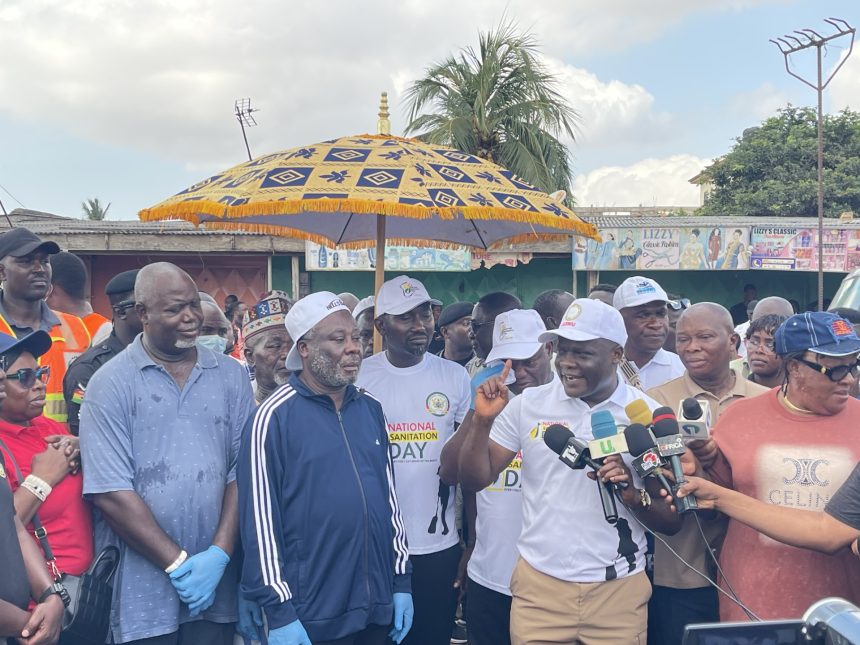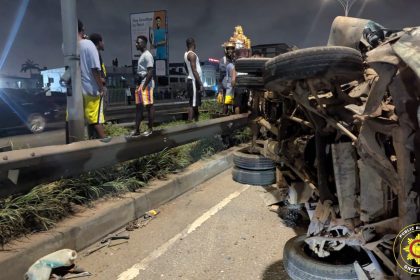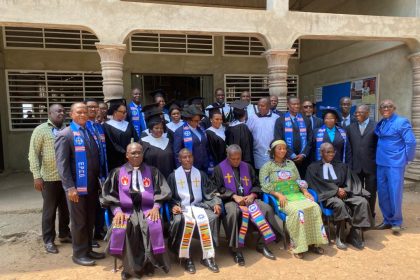Ghana is on track to overcome the long-standing challenge of poor sanitation through collective national effort and renewed commitment at all levels, Mr Ahmed Ibrahim, Minister for Local Government, Chieftaincy and Religious Affairs, has said.
He said the overwhelming public participation, strong media support, and active involvement of traditional authorities and religious leaders in the national sanitation day programmes were clear indicators of progress.
The Minister was speaking at the November edition of the National Sanitation Day, which involved monitoring of the exercise in the La Dade-Kotopon Municipality, the Ledzokuku Municipality, and the Krowor Municipality.
Some of the areas in the Municipalities monitored included Tsui bleoo last stop down to Mobil, and the Nungua Secondary School to Addongonno Street and Railway line.
Mr Ibrahim said the enthusiasm from participants was remarkable, resulting in approximately 98 per cent compliance.
However, the main challenge faced was logistical support.
He said the Ministry was still in the process of procuring essential sanitation equipment, including dustbins, containers, compactors, wheelbarrows, wellington boots, and shovels.
“I am confident that with increased momentum in the procurement of these logistics, the upcoming December cleanup exercise will be even more successful,” he added.
The Minister said President John Dramani Mahama was expected to launch new sanitation equipment soon, and that they would ensure timely provision of the required resources to complement that effort.
He said in collaboration with the Municipal, Metropolitan and District Chief Executives, and the relevant sector ministries, plans were underway to install additional streetlights to improve visibility and safety during such exercises.
“Regarding the Environmental Service Providers Association (ESPA), I intentionally refrained from public commentary after their recent statement announcing an ultimatum to government by November 7”
“Instead, I opted for dialogue. As a Ministry, we have engaged ESPA in constructive discussions to address their concerns, and I have assured them that I will meet with other stakeholders to find sustainable solutions,” he added.
Oboade Nortse King Professor Nii Odaifio Welentsi III, the Nungua Mantse, reaffirmed his commitment to supporting the President’s directive for the exercise, emphasis
ing the importance of collective participation to sustain progress in the fight against poor sanitation.
He urged the Member of Parliament and Municipal Chief Executive of La Dade-Kotopon Municipal Assembly to engage the management of La Palm Royal Beach, Pleasure Beach, and Laboma Beach, for a meeting with him at the Regional House of Chiefs to highlight to them that sanitation was a collective responsibility and not solely the duty of the government.
“The management of these establishments are to contribute to the proper reconstruction of the gutters along the main road leading to their facilities, as this will improve environmental hygiene and enhance the appeal of their businesses,” he added.
Nii Welentsi III, who doubles as the President of the Greater Accra Regional House of Chiefs, called on the public to cultivate a culture of cleanliness without waiting for directives.
He also reminded community leaders of their responsibilities, stressing that leadership was not only about meetings and appearances, but about service and accountability to the people.
He cautioned against the illegal sale of lands, warning that unregulated practices could lead to future complications.
“If we continue to sell lands irresponsibly, we may one day find ourselves buying lands from strangers or having none left to buy,” he said.

He disclosed that the Regional House of Chiefs would soon introduce a policy to regulate land sales, noting that anyone found selling more than an acre without authorization would face sanctions.
Nii Welentsi III reiterated that sustainable sanitation and responsible land management were shared responsibilities that required the active involvement of citizens, traditional authorities, and the private sector.
GNA






